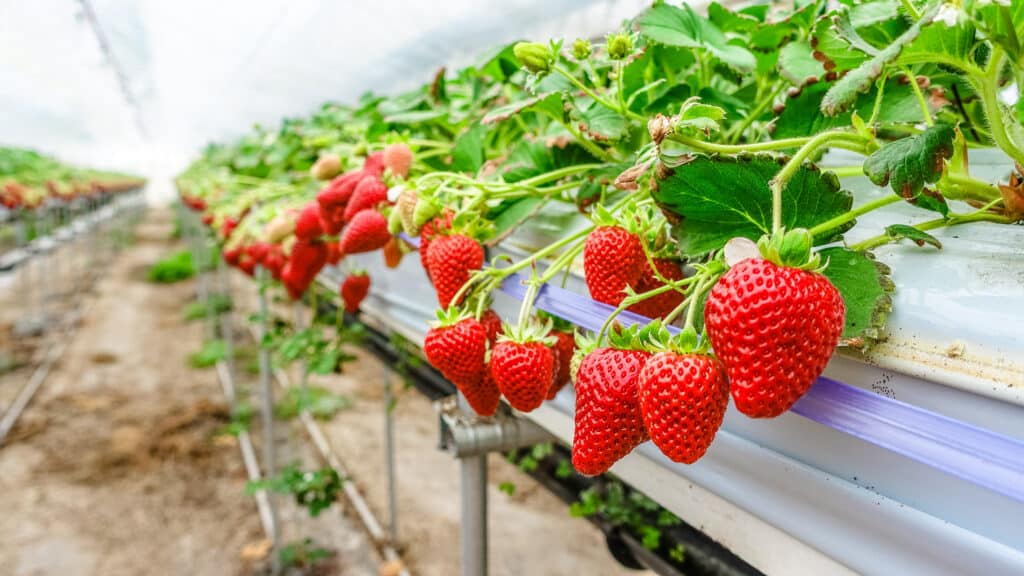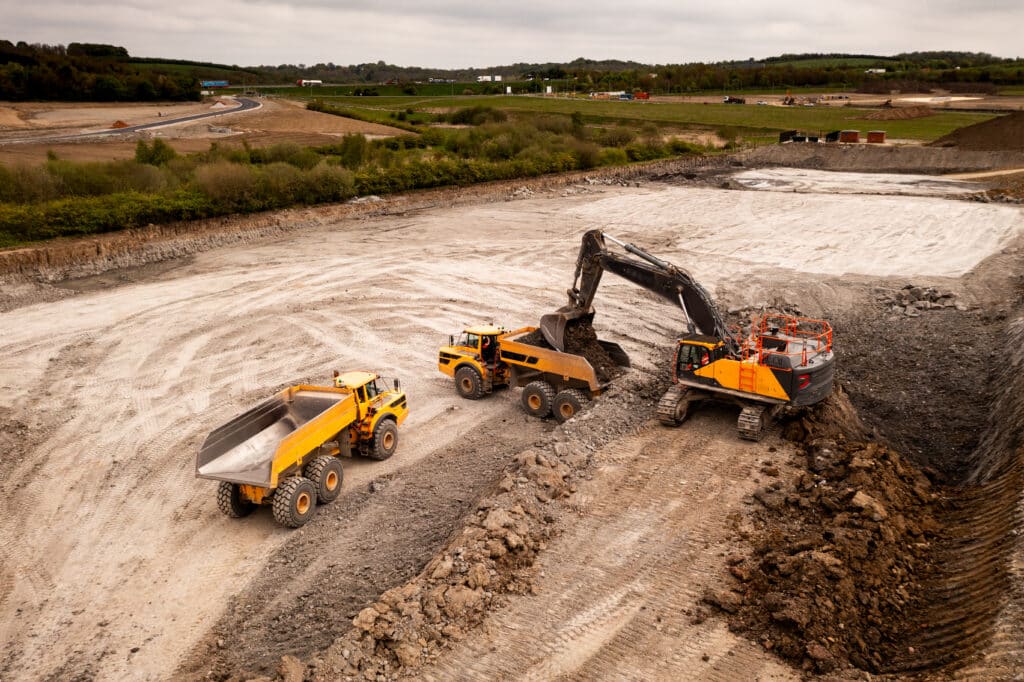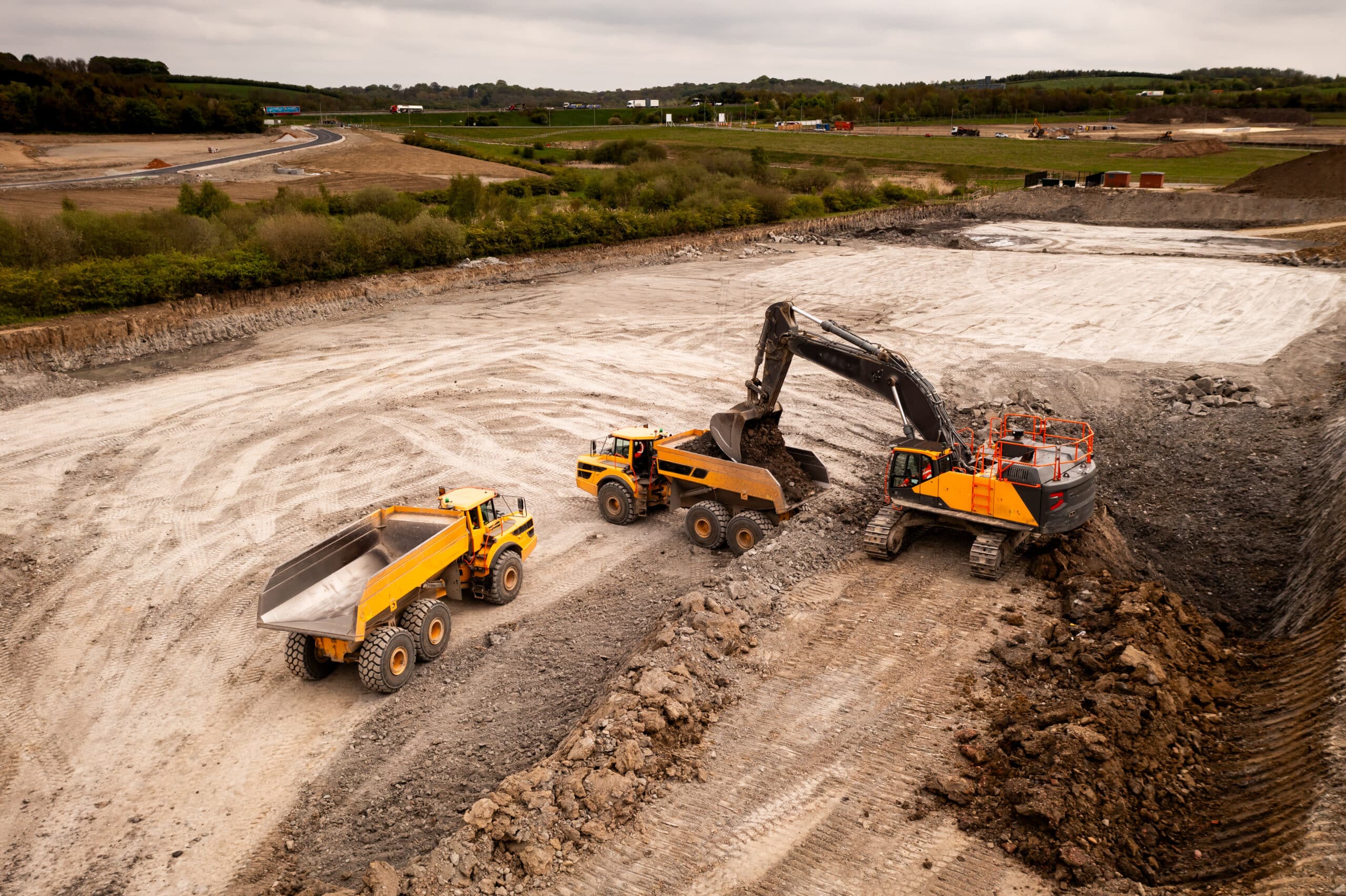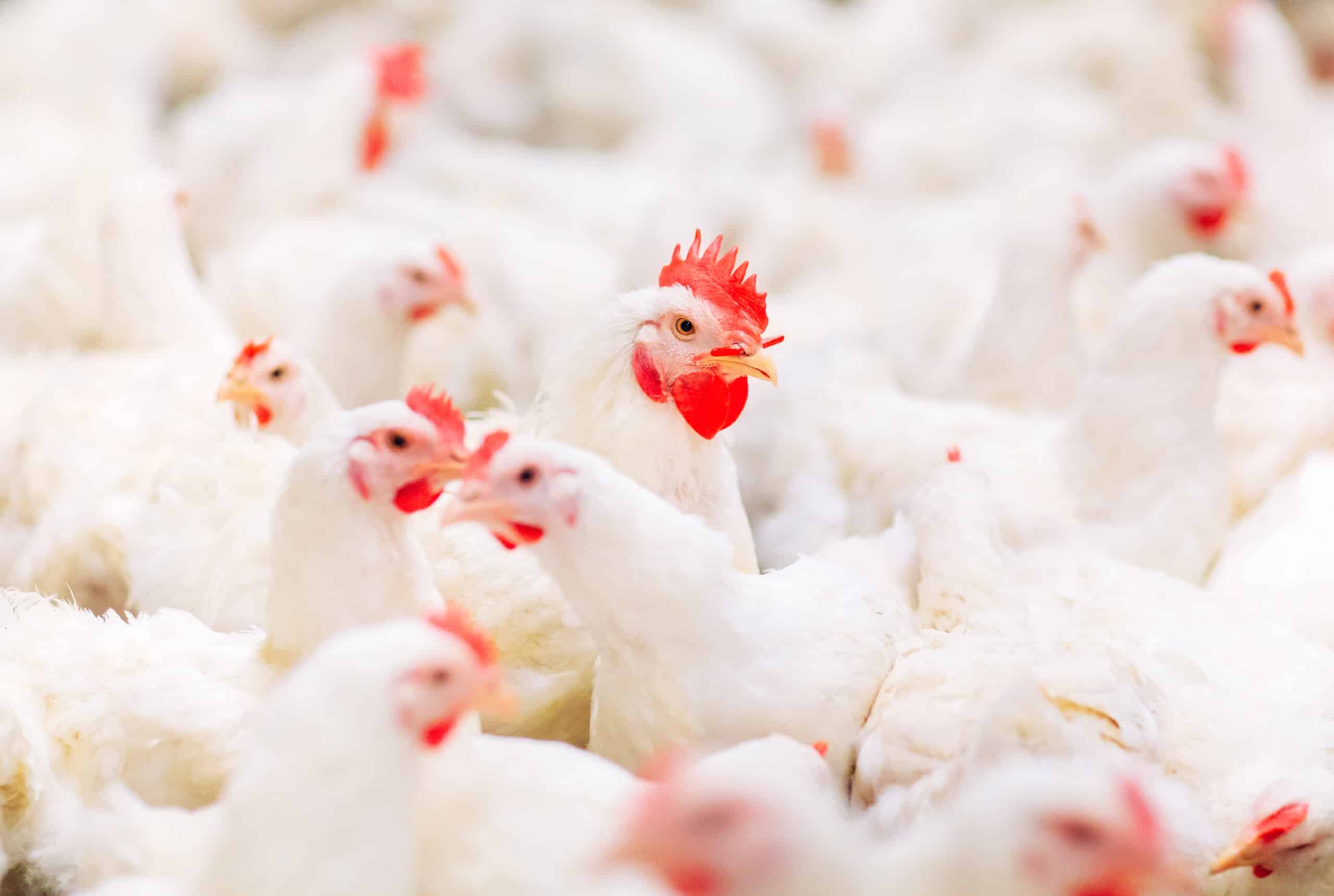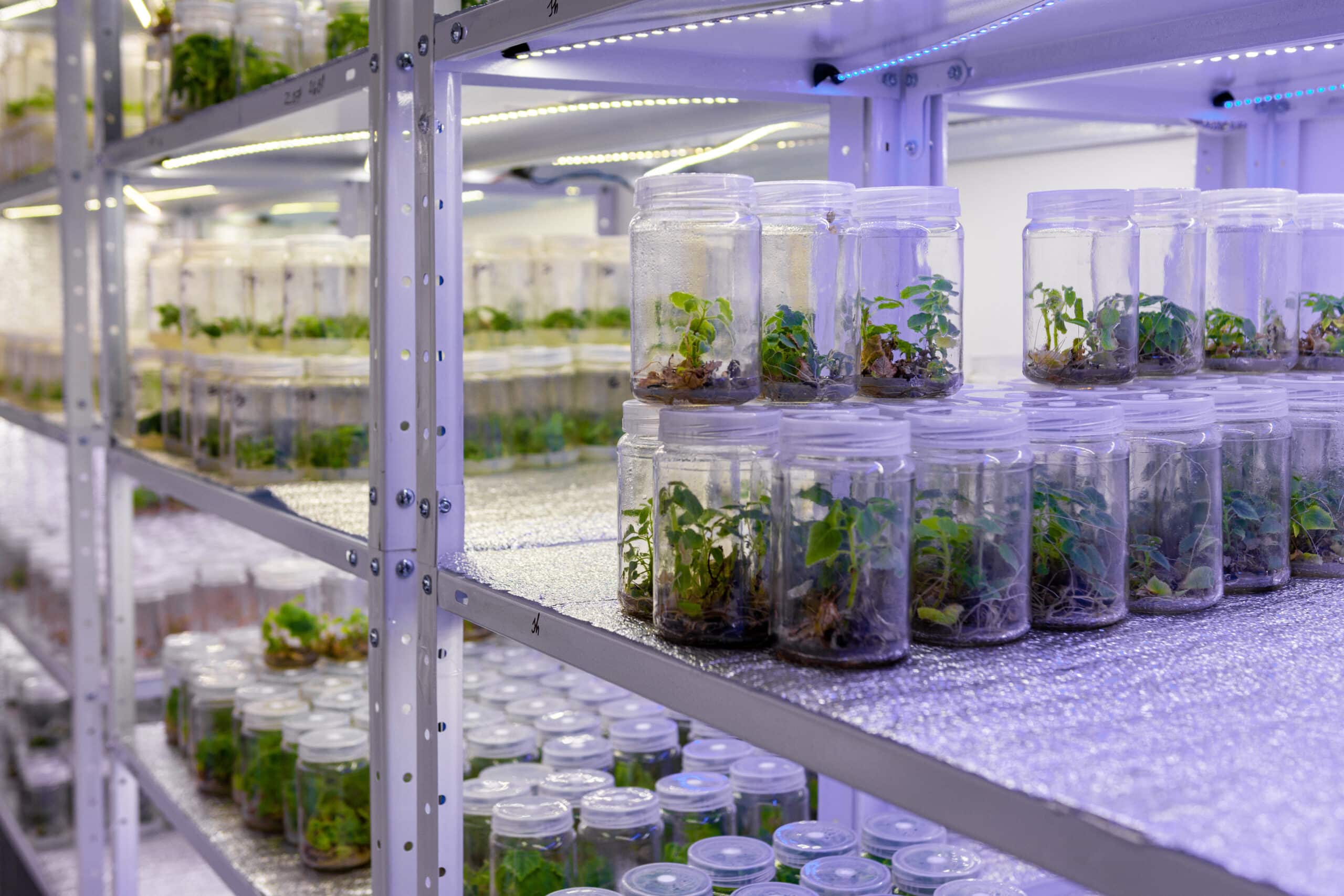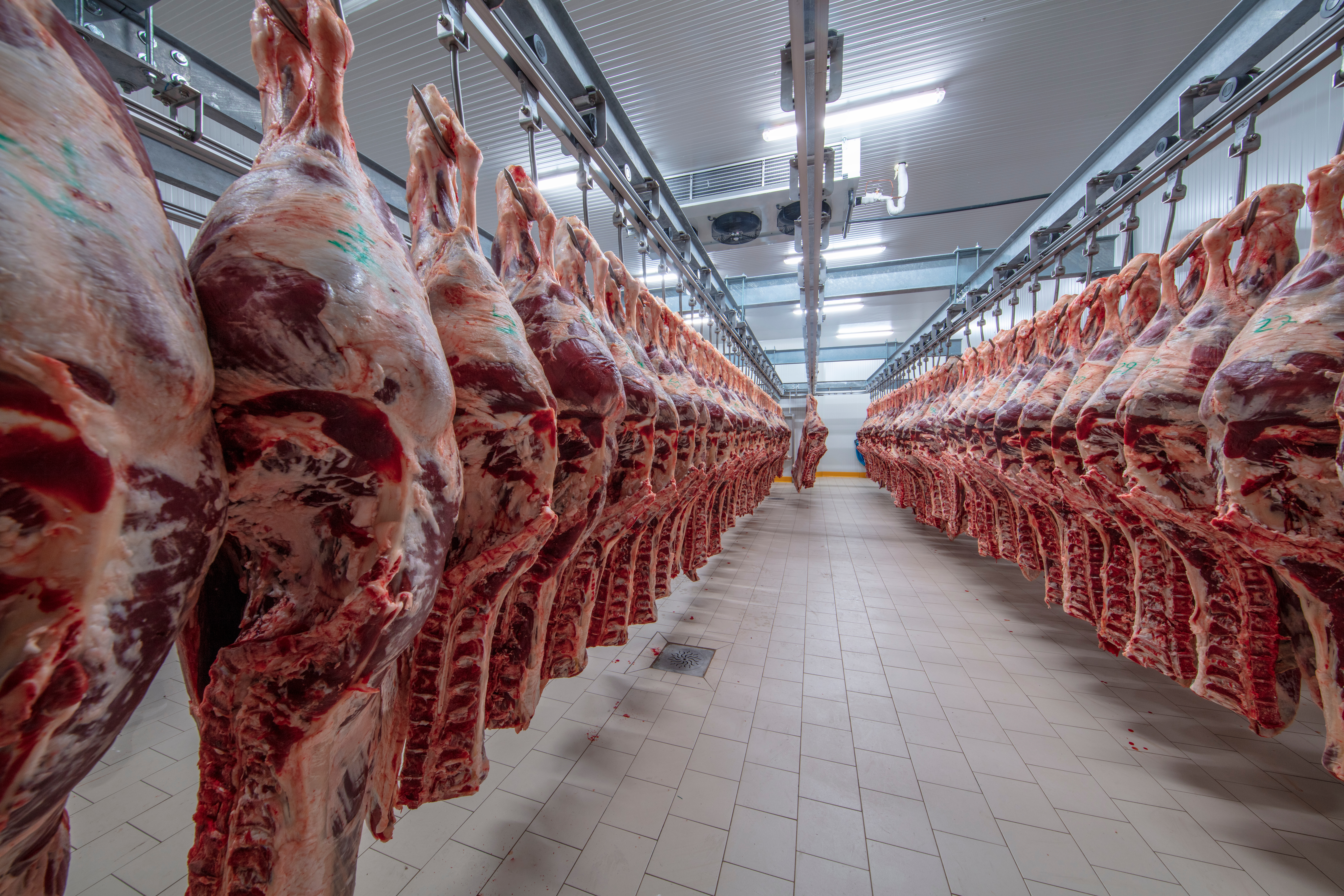The concept of sustainability is based upon three pillars; environmental, social and economic sustainability. For the purpose of this exercise, we can assume that food chains are already economically viable.
It is worth mentioning however, that introducing environmental and social aspects to operations can also improve profitability. Food supply chains include every part of the value chain, from primary producers, to processors and distributors, to retailers and finally, to the consumer.
Environmental Sustainability
Environmental sustainability is one of the hottest topics concerning food production in modern times. Given that food production must increase by 50% to meet growing populations and that we are facing imminent irreversible consequences of climate change, an environmentally sustainable approach to the way in which we produce food is vital. Every stage of the supply chain has responsibilities to uphold.
Food supply chain experts
To safeguard the future of the agrifood industry, sustainability must be treated as more than just a check-box exercise.
At Farrelly Mitchell, we believe that with the right support and strategic foresight, businesses can transform costly sustainability initiatives into strategic assets that comply with policy and regulations while providing a competitive edge and delivering long-term commercial growth. Our sustainability and esg specialists are adept at identifying responsible ways to optimise supply chains. We work with clients from farm to fork, ensuring that sustainability is integrated seamlessly throughout the food value chain.




